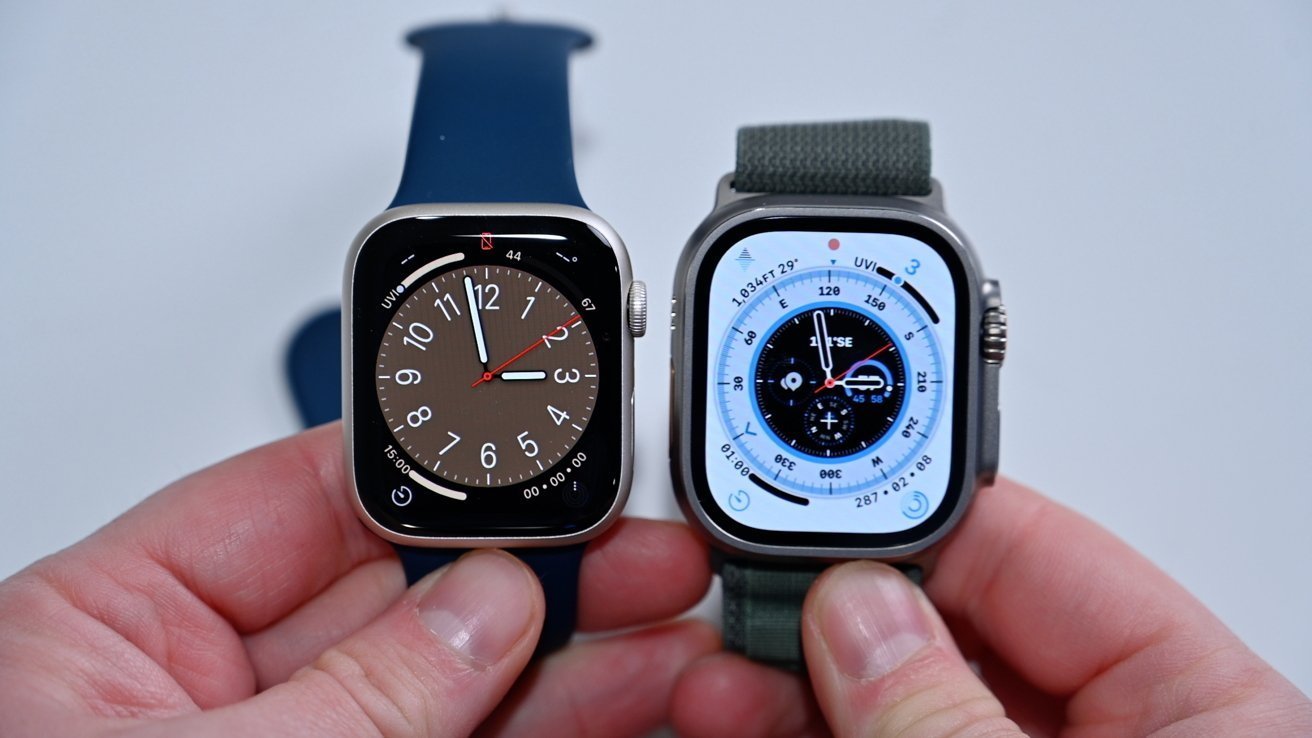Apple is urging the Federal Court to stay the Apple Watch ban until all appellate proceedings are over, at the same time as insisting that there are ignored rules that could've halted the ban in the first place.
Monday's Federal Circuit filing from Masimo revealed that Apple had managed to convince U.S. Customs and Border Protection that it could import current-gen Apple Watch units to the United States without the allegedly patent-infringing blood oxygen features. In a new filing, Apple says it shouldn't be asked to go to those lengths at all.
In a January 15 filing with the US Court of Appeals for the Federal Circuit, Apple says it supports its motion to stay the International Trade Commission (ITC) ban on the Apple Watch until the end of the appeals process. The ITC has already filed its opposition to the proposed stay, which would extend the existing one on the ban for a longer period of time.
However, Apple's motion, as explained by IP-Fray, says that the Apple Watch maker is still suffering irreparable harm from the sales ban, despite Customs clearing versions without the problematic feature. Indeed, Apple goes on to insist that the ITC decision is one that could not stand, because ITC's rules aren't being applied properly.
The chief issue is that a U.S. import ban requires that the complainant commercialize the patented invention in the U.S. in some form, be it in an actual product or via licensing. Apple says that the product was being designed but wasn't readily available to purchase, meaning the patent wasn't properly commercialized.
Apple proposes that if this was an acceptable standard, "complainants with CAD software and a future product idea [would have] access to [U.S. import bans]."
Masimo's W1 watch is sold "in de minimis [trivial] quantities in the U.S., argues Apple, with the W1 not sold in the consumer channel, but more the clinical channel. Furthermore, Masimo's Freedom' watch "has never been sold," Apple offers.
The ITC's decision to waive some arguments is also raised, including a theory that Masimo waited 13 years after a provisional patent application to file a continuation application just after the launch of the Apple Watch, to try and incorporate the product into its patent designs.
For the patent itself, Apple also insists it is capable of prevailing in court over whether Masimo's patents are valid or not.
 Malcolm Owen
Malcolm Owen






-m.jpg)






 Charles Martin
Charles Martin


 Wesley Hilliard
Wesley Hilliard
 Stephen Silver
Stephen Silver
 William Gallagher
William Gallagher

 Marko Zivkovic
Marko Zivkovic









35 Comments
I tend to agree with Apple on this arguments
Live by the patent, die by the patent.
I thought Apple won the trial something like 5 out of 6 but it had to be unanimous so they lost. That's ridiculous. I bought a finger pulse oximeter from Innova. There's all kinds of these things on amazon and when I went to a patent for one it had a ton of other patents it referred to. I've always seen these attacks of Apple products as being a money grab. Why can I buy a standalone pulse oximeter for $30 and Apple can't include parts of one in their (my) watch?
My understanding is the basis for the parent is that it’s an oxymeter on a watch. How in the world was something so general given as a patent to begin with? Ridiculous.